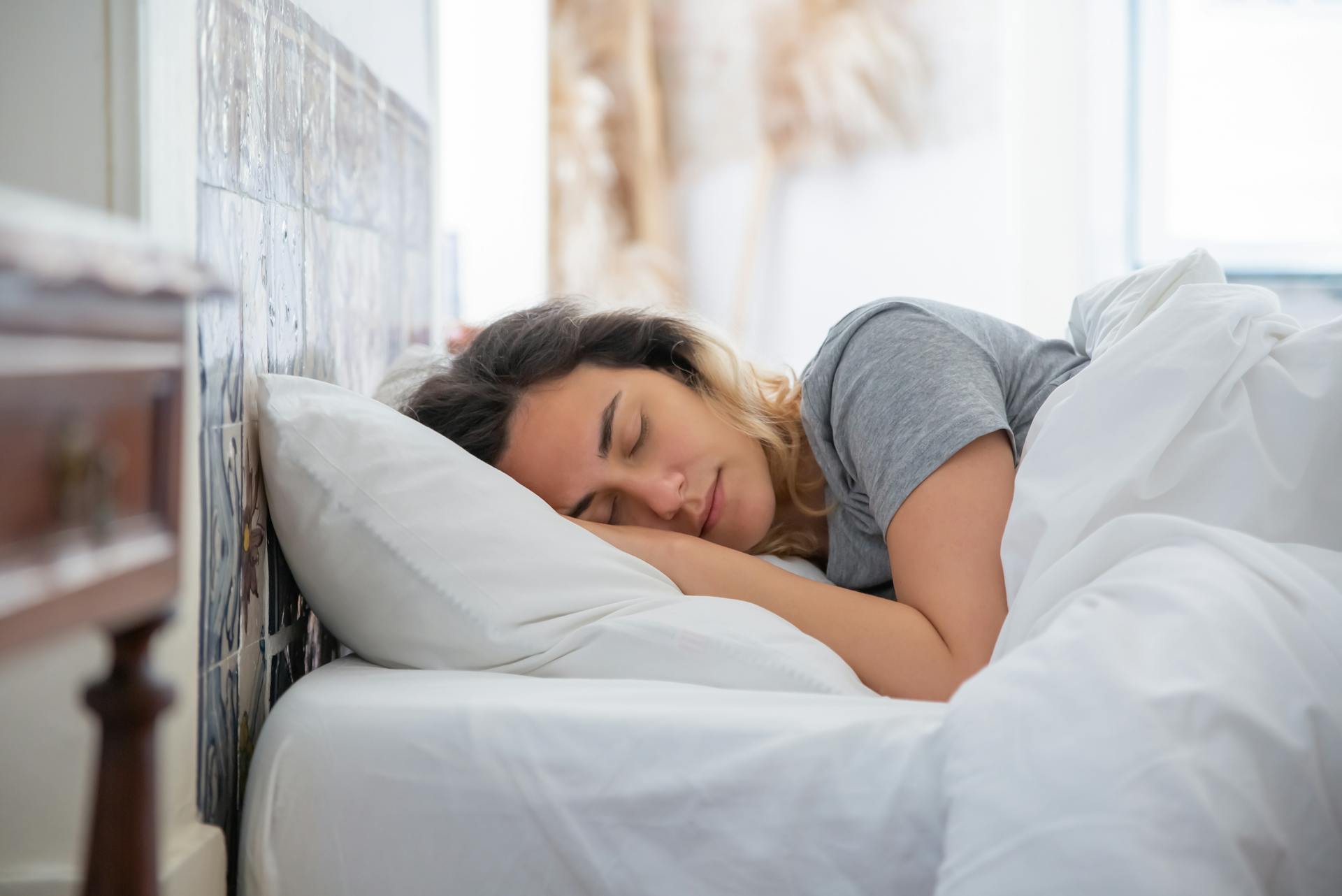

Question: Is it Healthy to Sleep With an Air Purifier?
Answer: Yes, it is healthy to sleep with an air purifier. Air purifiers can improve sleep quality by reducing allergens and pollutants. However, choose a quiet model and ensure proper ventilation to avoid dry air or noise disruption.
Breathing Easy: Air Purifiers and Sleep Quality
Many homeowners prioritize a comfortable bedroom environment to ensure restful sleep. Factors like temperature, bedding, and even the ambient noise level all contribute to sleep quality. Increasingly, people are considering the impact of air quality, leading to the question: Is it healthy to sleep with an air purifier?
Understanding Indoor Air Quality
The air we breathe indoors often contains pollutants unseen by the naked eye. These pollutants originate from various sources, including:
Household dust mites:
These microscopic creatures thrive in bedding, carpets, and upholstery, triggering allergies and asthma in susceptible individuals.Pet dander:
Animals shed microscopic skin particles that can trigger allergic reactions and respiratory problems.Pollen:
Even with closed windows, pollen can infiltrate homes, affecting those with pollen allergies.Mold and mildew:
These fungi grow in damp areas, producing spores that can irritate the respiratory system.Volatile organic compounds (VOCs):
Found in many household products, VOCs release gases that can cause headaches, nausea, and other health issues.
These pollutants can significantly impact sleep quality. Allergic reactions or respiratory irritation can lead to coughing, sneezing, and difficulty breathing, disrupting sleep cycles and resulting in poor rest. Therefore, improving indoor air quality is a crucial aspect of creating a healthy sleep environment.
Click here for more information on Orangeville agents
Related Article: Can I Leave the Air Purifier On All Night?
Related Article: Are Air Purifiers Worth it?
Potential Drawbacks of Using Air Purifiers at Night
While air purifiers offer numerous benefits, some potential drawbacks warrant consideration. The noise produced by some models can be disruptive to sleep, particularly for light sleepers. Choosing a model with a low noise setting or a sleep mode is crucial. Moreover, some air purifiers emit a small amount of ozone, though most modern models minimize this.
It is essential to properly maintain the air purifier, regularly replacing the filters as per the manufacturer’s instructions. Neglecting filter replacement can reduce the purifier’s effectiveness and potentially introduce mold or bacteria into the air, counteracting the intended benefits.
Choosing the Right Air Purifier for Your Bedroom
Selecting an appropriate air purifier involves considering several factors. Room size is a primary determinant, as larger rooms require purifiers with higher clean air delivery rates (CADR). Noise levels, filter types, and energy efficiency are also important considerations. Reading independent reviews and comparing models from reputable brands will help you make an informed decision.
Always check the manufacturer’s specifications and safety certifications to ensure the product meets the necessary safety standards. You should also look for energy-efficient models to reduce your electricity bill and environmental impact. It’s also a good idea to consider features such as timer settings and sleep modes which can contribute to a comfortable experience.
Addressing Health Concerns and Safety Precautions
While air purifiers generally improve indoor air quality and promote healthier sleep, individuals with specific health conditions should consult with their physician before introducing an air purifier into their bedroom. This is especially true for those with pre-existing respiratory conditions or severe allergies. A healthcare provider can provide personalized advice based on their specific health circumstances.
Ensure the air purifier is placed appropriately, away from furniture or curtains, to prevent fire hazards and ensure optimal air circulation. Always follow the manufacturer’s instructions for safe use and maintenance.
Conclusion
The decision of whether or not to sleep with an air purifier is a personal one. For many, the benefits of improved air quality and enhanced sleep outweigh potential drawbacks. However, careful consideration of the potential noise levels, maintenance requirements, and individual health conditions is crucial to making an informed choice and ensuring optimal sleep quality.
[ 1 ]References
1. https://www.sleepfoundation.org/bedroom-environment/air-purifier-sleep/


